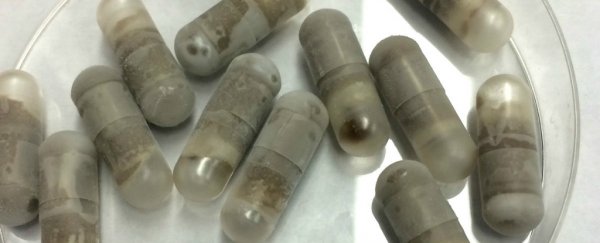It's not for the squeamish, but there's a relatively new medical procedure called faecal transplanting which is outperforming antibiotics against severe infections. Doctors essentially take poo from a healthy person, freeze it, liquidise it in a blender, then add it to a sick person's bowel either by a tube through the nose or via the rectum.
The method, which colonises the gut with healthy bacteria, has a 85 percent success rate against life-threatening infections such as Clostridium compared to only 20 percent for standard antibiotic treatment.
Australian regulators are yet to make a decision on the use of faecal transplants but local clinics are reportedly offering the procedure. A report in the British Medical Journal (BMJ) says long term trials and monitoring are urgently needed to provide sensible advice to patients. However, so far few adverse effects are being reported after more than 7,000 transplants.
And the transplants seem relatively safe for elderly patients and those with impaired immune systems, say Tim Spector from King's College London and Rob Knight from the University of California San Diego.
More than 500 centres in the US now offer faecal transplantation, with most using frozen donations from the not-for-profit stool bank organisation, OpenBiome, in Boston. The UK regulator (MRHA) has temporarily classed faecal transplants as a medicinal product.
Faecal transplantation is also being tested for other conditions including obesity, diabetes, irritable bowel syndrome and colitis. However, Spector and Knight say claims that faecal transplantation could be a cure-all for many diseases are probably too optimistic. And there are risks of infection. And the transfer of microbes to a new host could include transferring susceptibility to obesity and even mental illness.
"These possible risks suggest that faecal transplantation, although an exciting new tool, should be carefully monitored and refined to include most of the key beneficial microbes," Spector and Knight write in the BMJ.
This article was originally published by Business Insider.
More from Business Insider:
